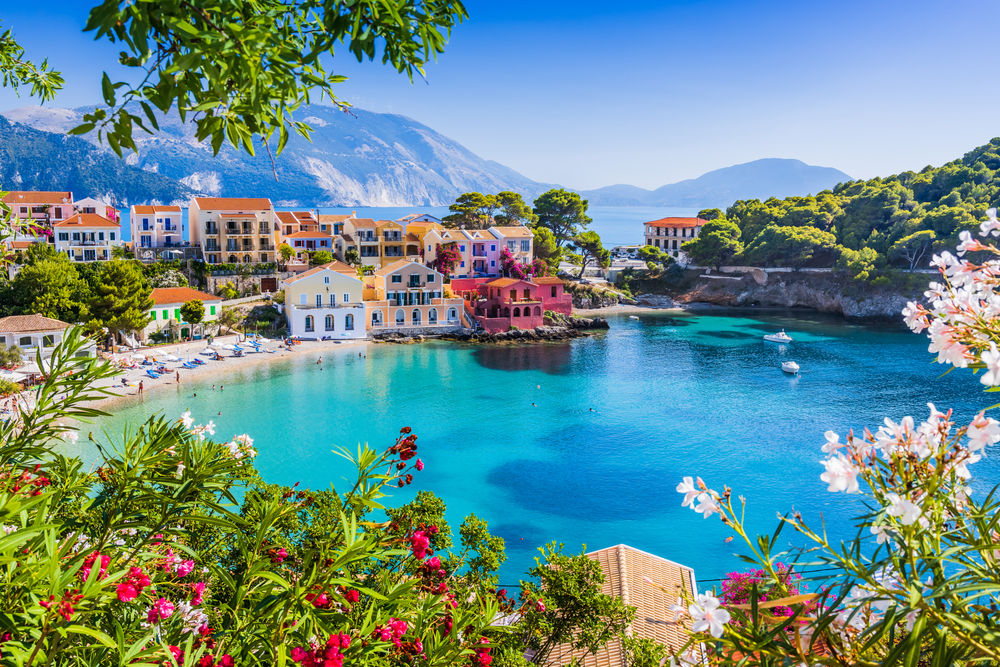
Global Properties
 The Golden Visa scheme is renowned across Europe as the most successful investment immigration program, serving as a collective term for long-term visas for non-European Union (EU) citizens.
The Golden Visa scheme is renowned across Europe as the most successful investment immigration program, serving as a collective term for long-term visas for non-European Union (EU) citizens.
In the wake of the 2008 European debt crisis, countries such as Portugal, Italy, Greece, Spain, and Ireland introduced the "Golden Visa" initiative. This program attracted billions of dollars in foreign investment, particularly in revitalizing local real estate markets.
Under the scheme, foreigners could secure EU residency by making personal investments, eventually leading to citizenship. This initiative was also part of the EU's strategy to attract high-calibre talents and affluent individuals from diverse fields.
Recent developments indicate that the era of "golden passports" may be drawing to a close. A recent report approved by the European Union (EU) urges discontinuing "golden passports" by 2025. Most Members of the European Parliament (MEPs) favour this move, along with allocating the scheme's proceeds to the EU budget.
Several European countries followed suit by discontinuing or modifying their "golden visa" programs. Let's delve into the current status of these programs across European countries.
In February 2022, the British government suspended the Golden Visa program. As stated by the UK Home Office, this decision was made to combat illegal financing and fraudulent activities.

In February 2023, Ireland announced the closure of its Immigrant Investor Program (IIP), ending the acceptance of new applications. This cessation does not affect ongoing projects or approved individuals.

The same year, Portugal's Prime Minister Antonio Costa declared the suspension of new golden visa issuances. This decision was prompted by concerns over an influx of foreign investors causing housing price surges and subsequent housing crises.
While some countries are discontinuing their golden visa schemes, others are revising the terms to maintain attractiveness:

Once known for its low $250,000 investment threshold, Turkey's Golden Visa now requires $400,000 since June 2022. Despite the increase, investor interest remains strong.

In September 2022, Greece's Prime Minister announced doubling the golden visa investment threshold from €250,000 to €500,000. This hike primarily affects investment hotspots while retaining the €250,000 threshold in other regions.

While the €300,000 investment requirement for house purchase immigration remains unchanged, Cyprus has enforced stricter policies. Notably, the parents and parents-in-law of the main applicant no longer qualify as family members. A higher minimum monthly income is also required, and continuous investment certificates and income proofs are needed during visa renewals.
The "Golden Visa" scheme has played a significant role in reshaping Europe's investment landscape. While some countries are shutting their doors to this concept, others are adjusting terms to maintain its appeal. As the EU and individual nations continue to reassess their immigration and investment policies, investors seeking European opportunities must navigate these changes and remain informed about the evolving environment. The shift away from golden visas signifies a new chapter, replete with fresh challenges and potential avenues in the investment immigration arena.
Unlocking global opportunities with visas is just the beginning. Ready to explore international properties? Discover your dream real estate with ease at Juwai.asia! Start your property journey today.